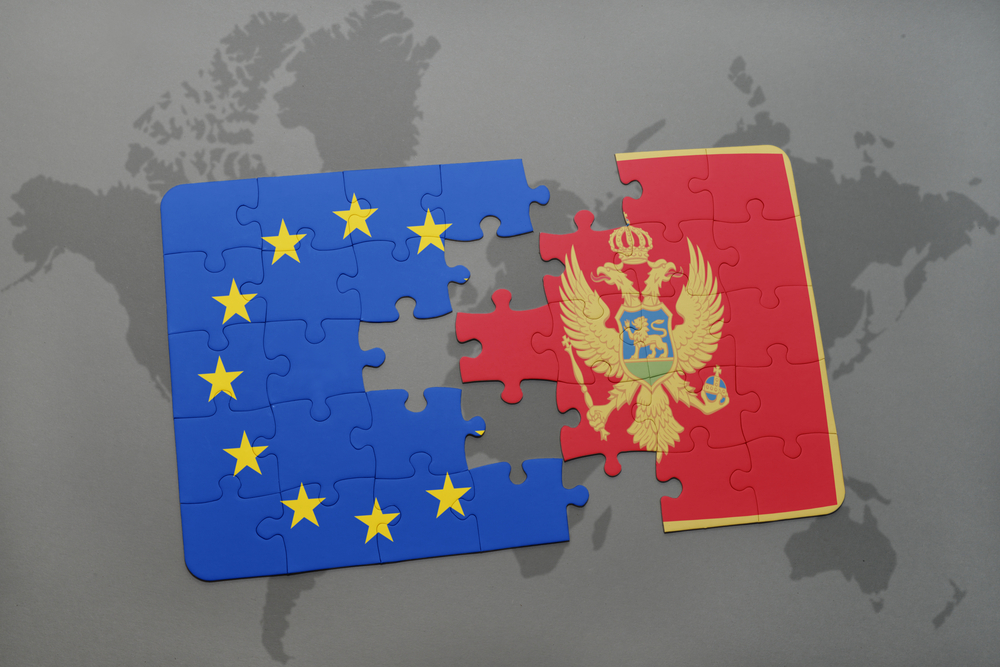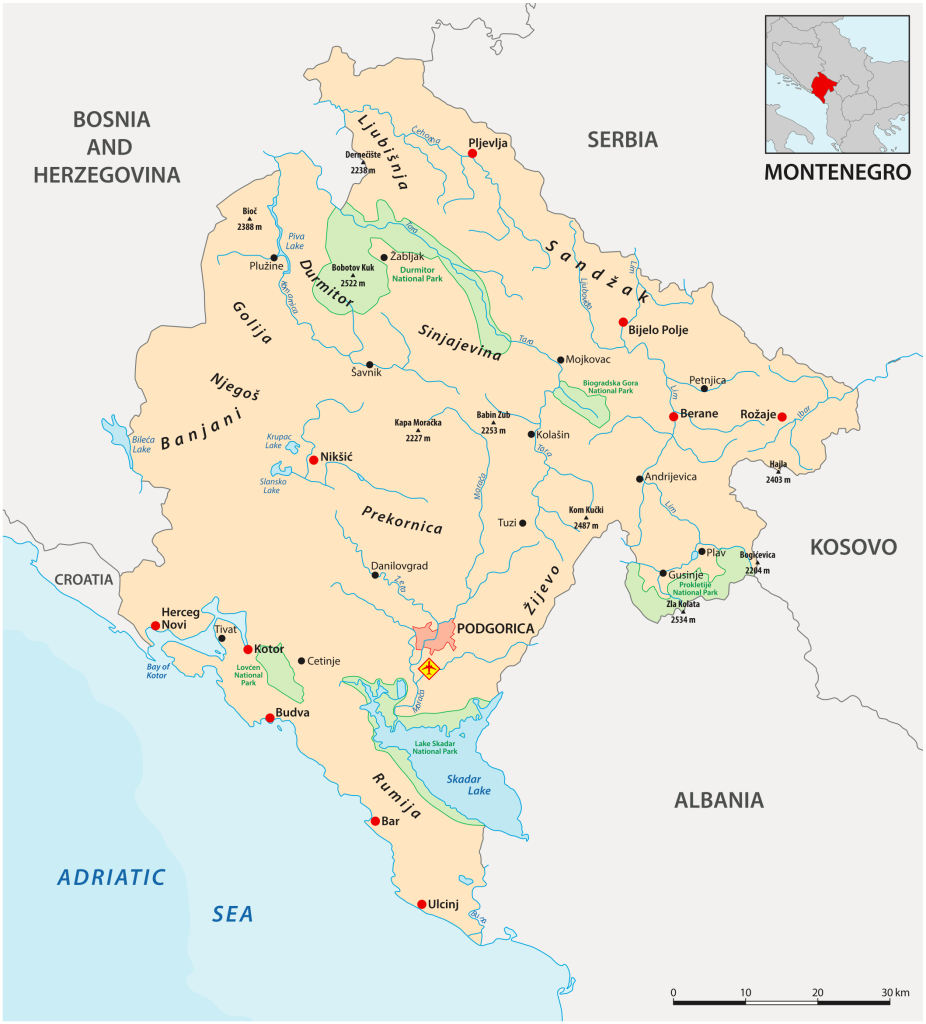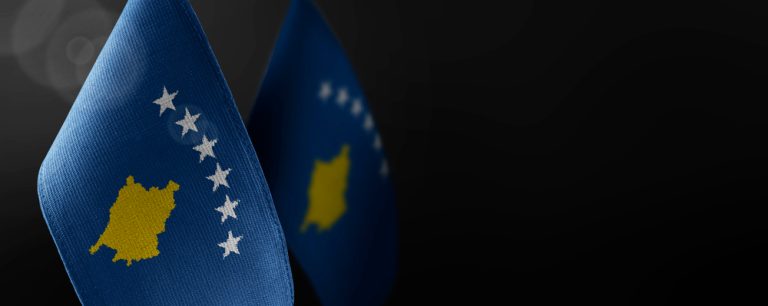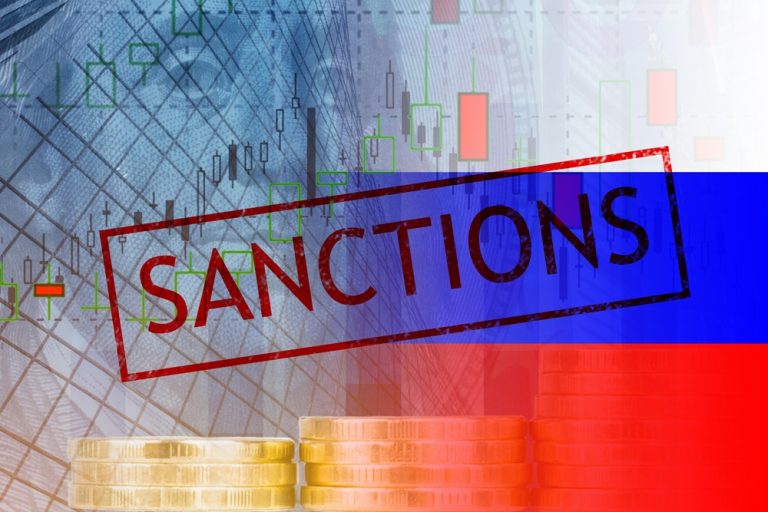
Elections in Montenegro: Is the political crisis ongoing?
Parliamentary elections were held in Montenegro on June 11. The victory by a narrow margin over Milo Djukanovic’s coalition was won by the party of newly elected Montenegrin President Milatovic. The pro-Serb forces were only in third place, significantly behind the “gold” and “silver medalists” in the electoral process. The results of the election speak eloquently: there is still a long way to go before Montenegro’s political stability.
As many as 15 associations took part in the elections, while the total number of voters was 542 468 people. At the elections in Montenegro citizens had to choose 81 deputies to the parliament of the country. Not all of them could overcome a three percent barrier established by the local legislation.
Incumbent President Jakov Milatovic’s Europe Now movement won 26% of the vote, which is equal to 24 mandates. The coalition Together, gathered around the DPS party of Djukanovic, got 23% or 22 mandates, and Milan Knezevic and his pro-Serbian alliance For the Future of Montenegro could get only 15.1% or 14 mandates. The coalition URA, formed by Prime Minister Dritan Abazovic, got 13% of the vote or 12 mandates in the future parliament. The Bosniak party got 6.8% and 6 mandates in the parliament, the Albanian Forum got 1.7% or 2 mandates, and the Albanian alternative For You got 1.5% and 1 mandate, respectively. The Croatian Civic Initiative also received one deputy with 0.7% of the vote.
The main success of Milatovic’s party is the majority of deputy mandates in the new convocation. However, this single factor alone will not allow Europe Now to dominate the parliament and form the cabinet. The new convocation of the National Assembly of the country can be called a compromise, built on the principle of checks and balances. The possible constructions of political alliances promise a heated political struggle in the near future.
On the one hand, the Pro-Serbian coalition For the Future of Montenegro is ready to cooperate with Milatovic’s party. It is known that the resounding defeat of Djukanovic, who was in power for 32 years, was a result of the common efforts of his opponents. Nevertheless, the friendship “against” does not mean a complete coincidence in the political course of the two forces. Milatovic was indeed able to win due to the fatigue of the Montenegrin society from Djukanovic. Voting for the young presidential candidate in the second round united literally the entire opposition in a desire to finally dismantle the power of “Europe’s last dictator”. However, Milatovic is a Euro-Atlanticist who wants to bring Montenegro into the EU in 5 years. He recognizes Kosovo and condemns the genocide in Srebrenica, and defines himself as Montenegrin by nationality. All this contrasts sharply with the program and values of the Serbian people of Montenegro. For them the Montenegrin is not a nationality, but geography. Kosovo, “the cradle of the Serbian people,” cannot be alienated under any conditions. Not long ago Montenegrin Serbs came out with an initiative to have the government withdraw its recognition of Kosovo. Of course, the “genocide in Srebrenica” by Bosnian Serbs of Muslims during the war in the 1990s is a well-known narrative of the West, which every enemy of the Serbian people is obliged to pronounce. Therefore, expecting a coalition of the Milatovic and Knezevic parties on the principle “against Djukanovic” is possible, but only under conditions that are beneficial to both forces at the same time. It is impossible to speak of an alliance on a regular basis.

One of the leaders of Europe Now, Milojko Spajic, is quite principled against Prime Minister Abazovic (an ethnic Albanian) and his party. It is obvious that one should not expect the Minister’s deputies to unite with the Serbian coalition either. At the same time, it should be remembered that national minorities are one of the main pillars of Milo Djukanovic’s power. If he can come to an agreement with the Bosniaks and Albanians, and, most importantly, with Abazovic’s URA then the party of the former president will not be afraid of the alliance between Europe Now and For the Future of Montenegro. It should not be forgotten that behind Dukanovic are powerful Montenegrin clans, and Milo himself was able to “squeeze” under him a lot of capital for three decades of rule.
An important factor is Djukanovic’s desire to return, if not personally, then through one of his associates. It is not without reason that Danijel Zivkovic, a 35 year old peer of Milatovic, led the DPS to the elections. But for Djukanovic to come back, he needs to actively create instability and sabotage the new president. Especially since the young successor has publicly given the “last dictator of Europe” a personal reason for revenge as well. In this sense, Milatovic’s ambitious “five-year EU program” could be derailed by Milo’s ill-intentioned actions. It is known that European bosses decide to accept a new country into their ranks, among other things, on the basis of “democratic stability” in the political life of the candidate state. In other words, in order to take revenge, Djukanovic needs to break the plans of his young opponent to join the EU. Moreover, by destabilizing the country, the ex-president will be able to go to the next elections with a picture-comparing the epochs of rule of the two heads of state.
Thus, the only hope for the possibility of continuing the course of rejecting Djukanovic’s policies could be a coalition between Europe Now and the pro-Serbian association For the Future of Montenegro. This will be successful only if Abazovic’s URA does not enter into an alliance with the DPS. In general it can be said that the contradictions of tiny Montenegro have not yet been overcome, which does not bode well for the country’s political stability in the near future. It is quite possible that the formed turbulent structure is another “operation” of the West, which benefits from the Montenegrin crisis.

